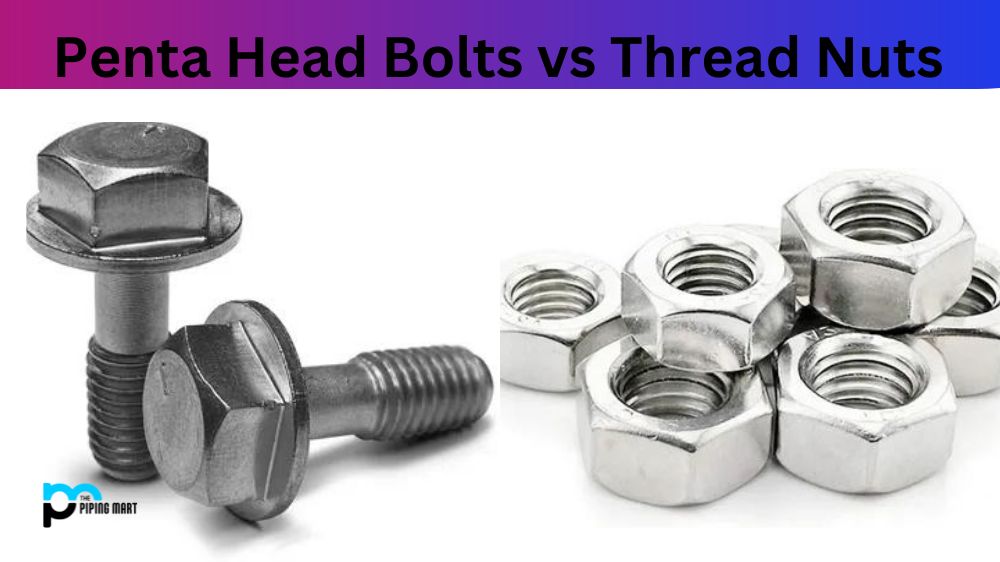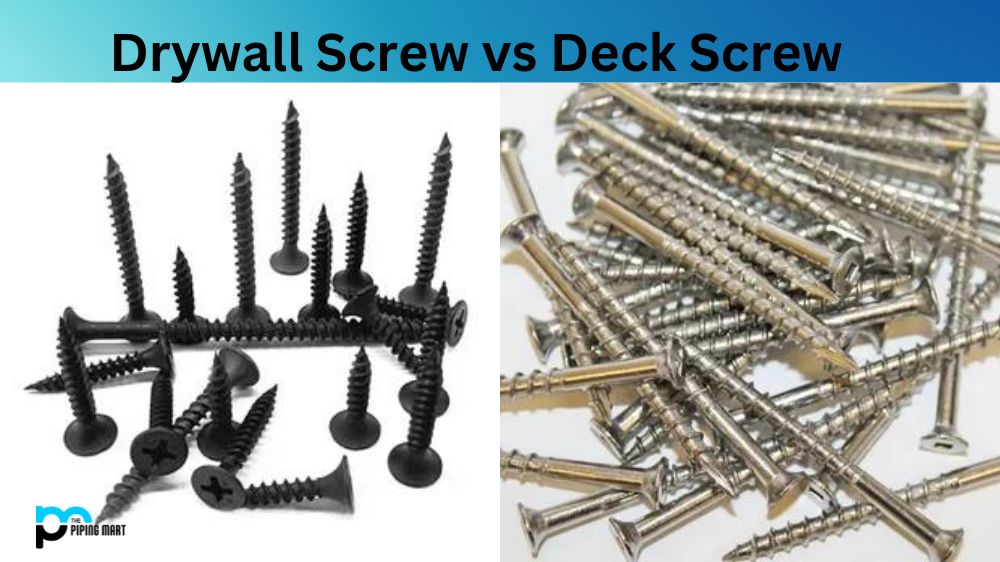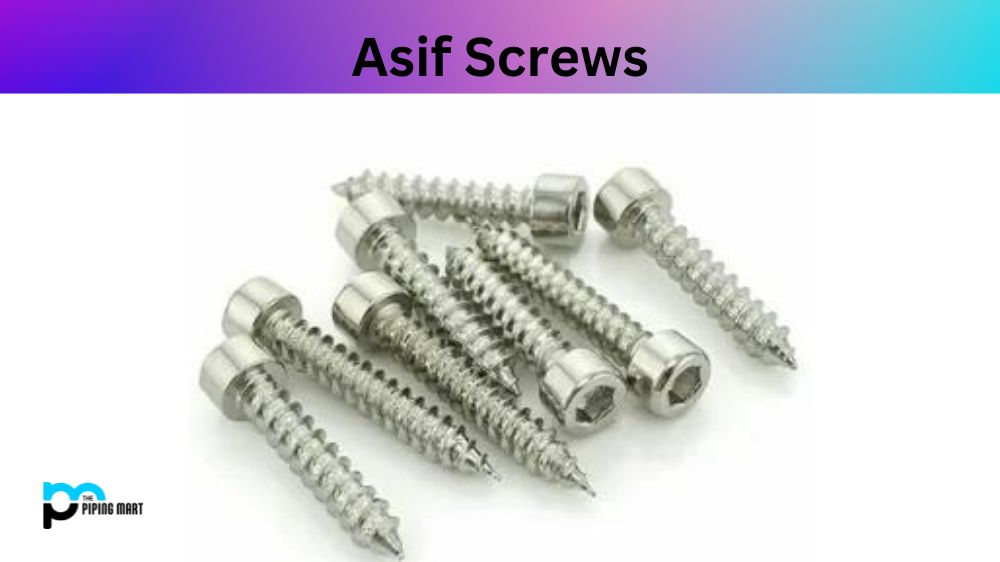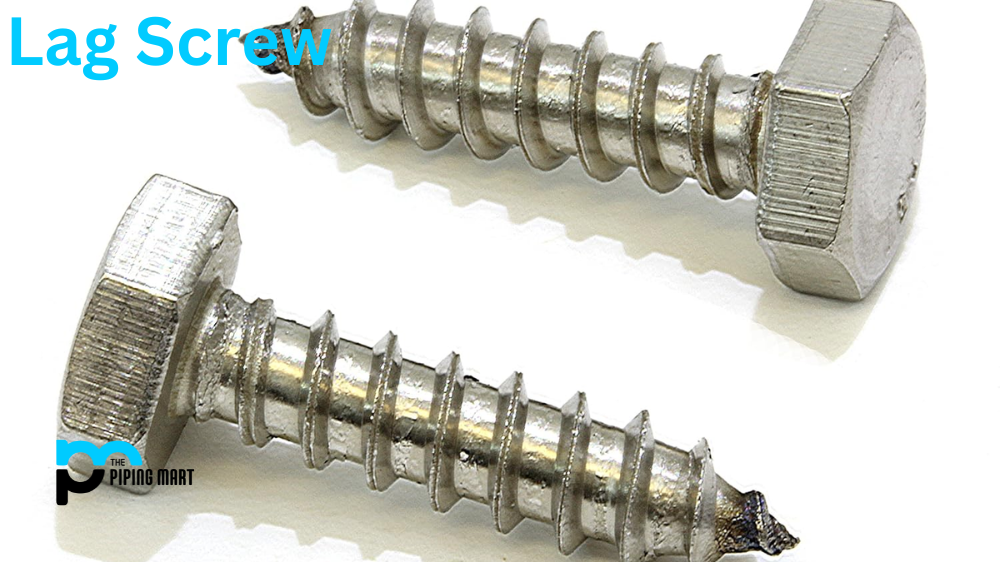Fasteners are essential components of any mechanical system. They hold various machine components together, ensuring the stability and reliability of your machines. Two commonly used fasteners are Penta head bolts and thread nuts. While both have similar uses, they differ in several aspects, including their shape, functionality, and strength. As an expert in this field, I have written this blog post to help you understand the differences between penta head bolts and thread nuts. Keep reading to learn more.
What is Penta Head Bolts?
Penta Head Bolts are a type of bolt that features five points of contact between the head and the surface it is fastened to. They are also known as five lobed bolts due to their distinctive shape, which ensures greater strength, torque resistance and vibration-dampening compared to traditional bolts with fewer contact points. The penta head design reduces the risk of stripping, making them ideal for use in high-pressure or high-vibration applications.
What is Thread Nuts?
Thread nuts are a type of mechanical fastener used to secure two or more components together. They have an external thread, which securely holds the two parts together by engaging with an internally threaded component, such as a nut or bolt. Threaded nuts are made from various materials and come in many sizes and shapes for different applications. They provide strong connections that can withstand high levels of tension and vibration, making them widely used in automotive, construction, medical equipment, plumbing, electronics and other industries.
Difference Between Penta Head Bolts and Thread Nuts
Shape and Design
As the name suggests, Penta head bolts have a unique design and shape, with five points and a flange. They are incredibly sturdy and robust and ideal for high torque applications, offering reliable support and holding power. In contrast, thread nuts are usually hexagonal, making them easy to attach and remove when changing parts or components within your mechanical systems.
Functionality
Penta head bolts and thread nuts work similarly but with different methods. Penta head bolts are designed to anchor a bolt inside a threaded hole in a machine component. They are often used when an object needs to be fixed securely and torque strength is required, such as in large machinery and equipment. Thread nuts, on the other hand, are typically used with bolts, screws or threaded rods because they fit perfectly, and their hexagonal shape enables turning them quickly and makes them practical for simple or complex systems.
Strength
Strength is a vital aspect of fasteners, and both penta head bolts and thread nuts are strong and reliable. However, the penta head bolt is known for its extreme strength and ability to withstand vibration, making it ideal for high-stress applications. Thread nuts are also durable, but their strength might be insufficient compared to penta head bolts often used to secure large, heavy equipment and machinery parts.
Purpose
Penta head bolts are often used in applications that require high torque strength and where frequent disassembling is necessary, such as in the oil industry. They can also be used to assemble crane cabs or other vehicles, rendering them ideal for various applications. Thread nuts, on the other hand, are more versatile and can be used in various applications requiring different torque specifications.
Availability
Though they have almost similar applications, penta head bolts are more challenging to procure. The five-pointed shape of penta head bolts makes it less conventional when compared to the traditional 6-sided threaded nut bolt design. However, threaded nuts are readily available in almost all hardware stores worldwide.
Conclusion:
In summary, choosing the right fasteners is essential, and it all depends on the particular application. Both penta head bolts and threaded nuts are high-quality fasteners designed to securely hold different mechanical systems together. The main differences are in their design, reliability, and strength. Understanding these fasteners’ differences will help you choose the right one for your application. As an expert in this field, I hope this blog post has helped you understand the differences between penta head bolts and thread nuts, making it easier to choose the right one for your next project.

A passionate metal industry expert and blogger. With over 5 years of experience in the field, Palak brings a wealth of knowledge and insight to her writing. Whether discussing the latest trends in the metal industry or sharing tips, she is dedicated to helping others succeed in the metal industry.




